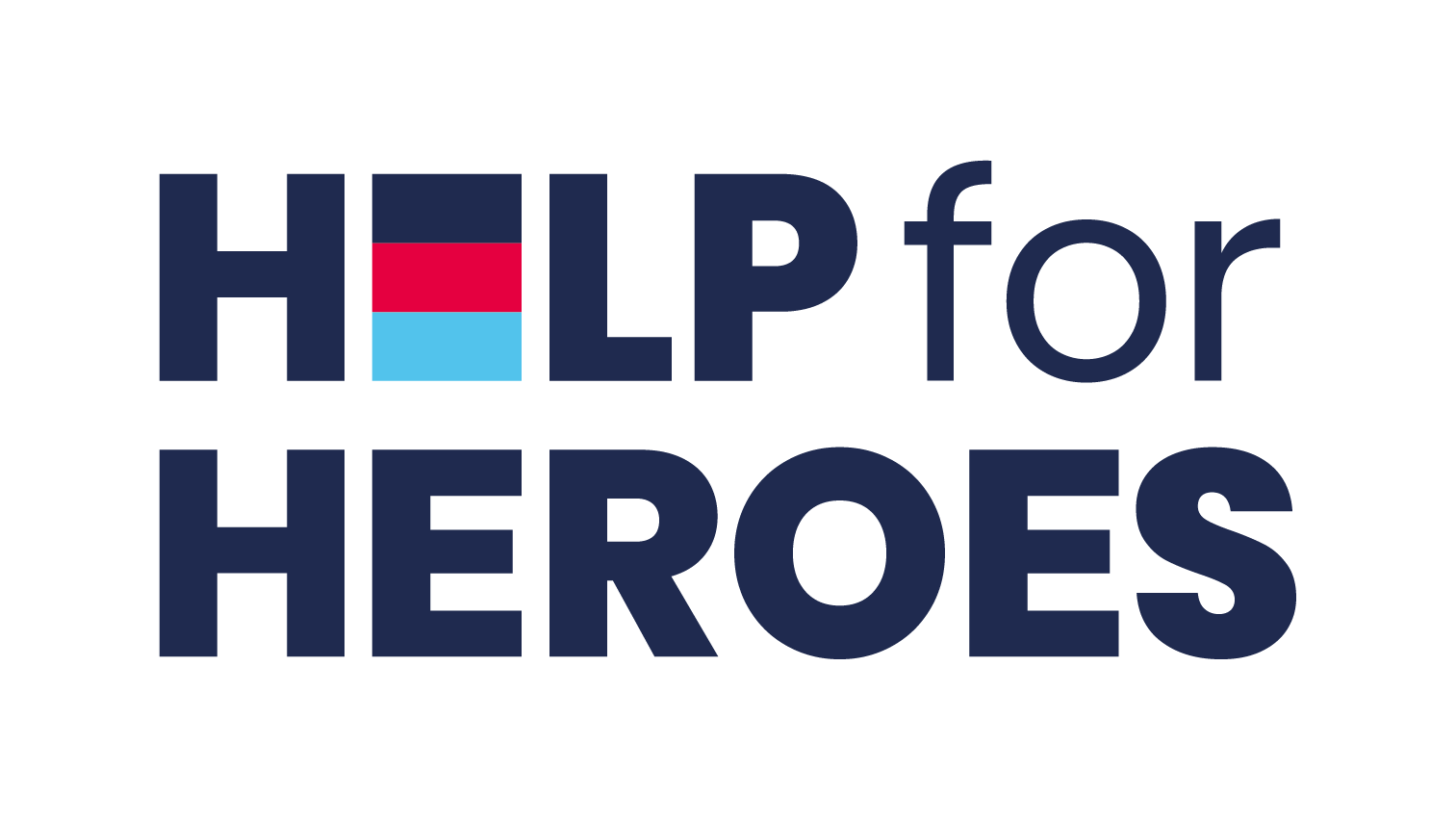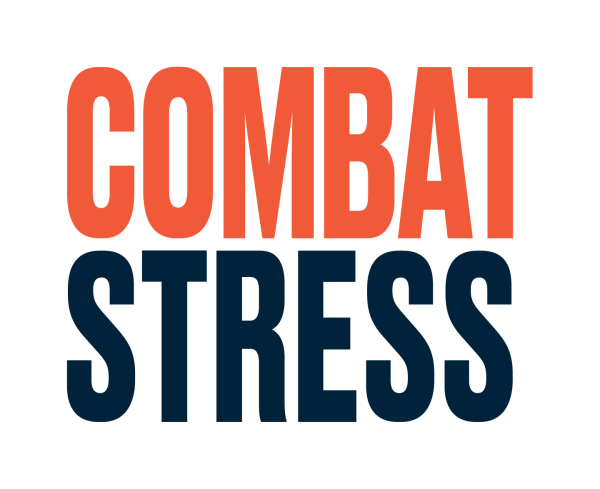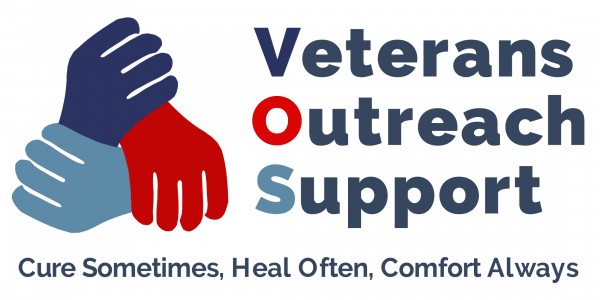Help for Heroes has introduced a new case management system into its recovery services to ensure veterans get the support they deserve and feel empowered to take control of their own recovery.
In changes to the Help for Heroes Welfare service, veterans with multiple or complex support needs will now be referred to a Case Manager who will assess, plan, coordinate, monitor and evaluate the options and services required to meet their recovery needs. When needed, we are introducing Case Conferences to ensure a multi-team input into the veteran’s recovery journey.
Carol Betteridge, Head of Welfare and Clinical Services, said:
“At Help for Heroes, we believe those who serve our country deserve support when they are wounded . Every day, men and women have to leave their career in the Armed Forces as a result of physical or psychological wounds; their lives and the lives of their loved ones are changed forever.
“We support our beneficiaries to break down barriers, regain control of their lives; the gateway to the person they want to be. A Case Manager will encourage and support the veteran to achieve independence, and build a sustainable recovery in their own lives and to become their own problem solver wherever possible.
“A Case Manager is the point of contact throughout the journey and the conduit to support with identified areas of need. When a veteran / Case Manager relationship works well, then the veteran’s experience is enhanced, increasing the effectiveness of the interventions and leading to positive and sustainable outcomes in recovery. A Case Manager will be the link that ties all the threads together.”
The Case Management Process consists of 6 key phases through which case managers provide care to their veterans:
- Allocation following a request for support.
- Assessment following referral form.
- Goal setting using SMART goals, reviewed at regular intervals to assess progress.
- Identifying risks that can jeopardise a recovery journey.
- Communicating and liaison with internal and external agencies.
- Evaluation and completion of the recovery journey.
One of the goals of case management is to coach the veteran to look to their own strengths that will support them in the future to build recovery and social capital, by giving a box of tools to help cope with the curves that life throws up, or like a “healthy well being bank account” that can be drawn on in times of need and restocked in times of bonus.
Carol added:
“There will be a clear ‘Beginning, Middle and End’ of Case Management support which will be fully explained to all Case Managed veterans. This manages expectations, creates independence and empowers veterans to achieve their recovery goals.
“We want to get them to a position whereby they can positively integrate into their community once their case management is completed.”
AJ Case Management supported Help for Heroes to develop its framework and processes for case management following Case Management UK principles. Wendy Richardson, who helped train the staff, said:
“The team at Help for Heroes have embraced the concept of case management and have developed their own model of how the Help for Heroes case management service will operate to support beneficiaries.
“I have worked with the whole team to develop training, processes and workshops to enable the charity to offer a beneficiary focused service that is outcome focused.”

















